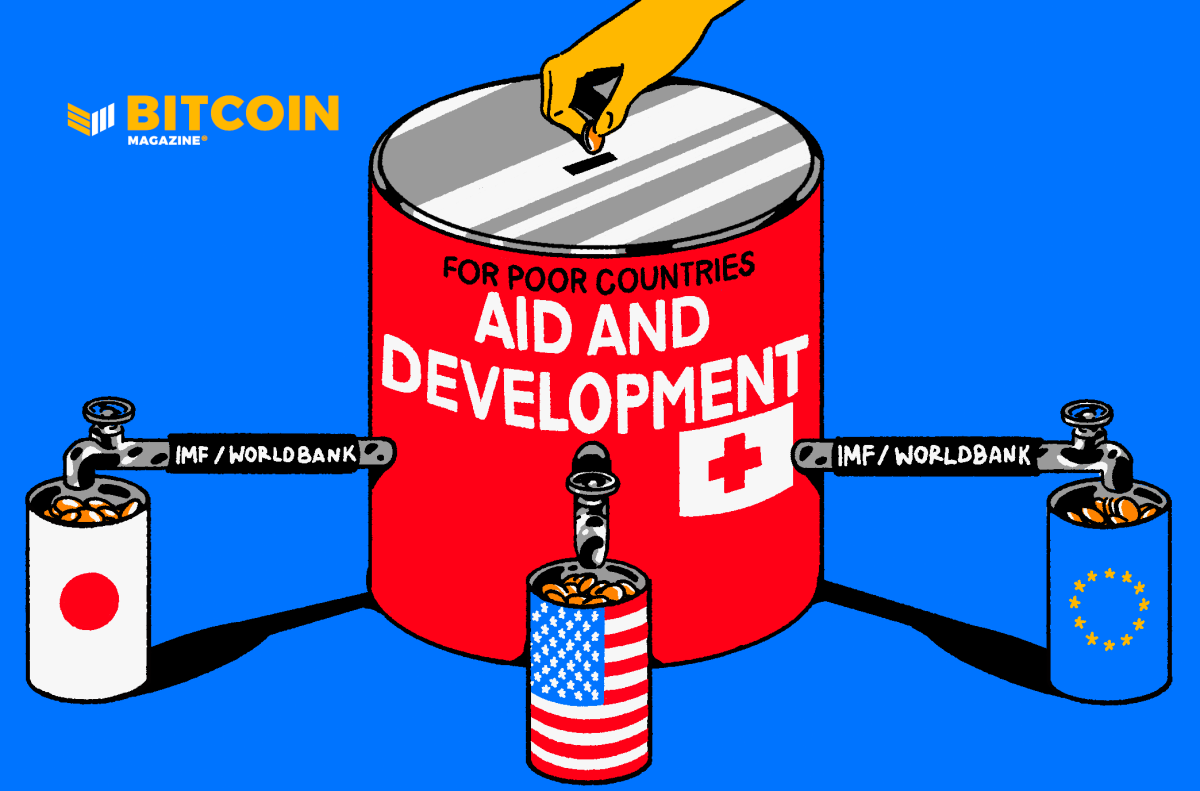Optimism newsletter format
Hello frens,
we heard that many of you may be feeling down and despair due to the bear!
We say despair not, for In the midst of a turbulent crypto bear market, sentiments may be low, but it's during these challenging times that we must remind ourselves of the true essence and potential of cryptocurrency. Beyond the market fluctuations, crypto stands as a beacon of hope, promising a future of financial inclusion, economic stability, and boundless opportunities for Africa. This is not just about weathering the storm, but about holding firm to our belief in a decentralized future, where Africa harnesses the transformative power of crypto to redefine its economic narrative.
Cover
editorial
The reason why we are bullish despite the bearish sentiment is because, for Africa, Crypto offers a viable alternative to the current hell of a financial system which is Fiat. Within the Fiat Monetary System, there’s no hope for Africa. it’s a system designed to be forever extractive and detrimental to African nations and it’s people. If you want to understand how hellish the Fiat system is, we recommend you read Alex Gladstein’s “ Structural Adjustment : How the IMF and World Bank repress poor countries and funnel their resources to Rich ones!”, link is at the bottom. example,
‘’The World Bank, which claims to raise living standards in developing countries by channeling resources from developed nations, has been doing the opposite. Initially, in the 1960s, there was a significant flow of resources from rich to poor countries, supposedly to aid development. However, by 1982, the flow of resources reversed, with an annual net flow of funds from poor to rich countries. This has escalated from an average of $30 billion per year in the mid-to-late 1980s to trillions of dollars per year today.
The IMF and World Bank do not aim to alleviate poverty but to enrich creditor nations such as the United States, United Kingdom, France, Germany, Japan etc. For instance, between 1970 and 2007, poor countries paid $7.15 trillion in total debt service to rich ones. In 2012, developing countries received $1.3 trillion, including all income, aid, and investment, but more than $3.3 trillion flowed out, resulting in a net outflow of $2 trillion.
From 1960 to 2017, $62 trillion was drained from the developing world. Structural adjustment policies by the IMF and World Bank, instead of ending exploitation and unequal exchange, have significantly increased them. Since 1970, the external public debt of developing countries has risen from $46 billion to $8.7 trillion. Countries like India, the Philippines, and the Congo now owe their former colonial masters 189 times the amount they owed in 1970, having paid $4.2 trillion on interest payments alone since 1980.
The IMF and World Bank's operations are not merely due to mistakes, waste, or mismanagement, but are designed to enrich creditor nations at the expense of poor ones. The continuous flow of funds from poor to rich countries since 1982 is not a "mistake," but an intentional or unconscious structural outcome, which has impoverished billions of people”
Beyond these heinous extractive set up, African currencies have also been subjected to massive manipulation, devaluation and inflation. The result is a constant devaluation of wealth and decrease in purchase power. In essence, it’s almost impossible to make it in such a system!
Action item - further reading
Explore OP projects
Kwenta is a decentralized exchange (DEX) built on the Ethereum blockchain and powered by the Synthetix protocol. Synthetix is a decentralized platform that allows users to create and trade synthetic assets (synths) representing various real-world assets like stocks, commodities, and cryptocurrencies.
Kwenta served as the front-end interface for users to access and trade these synthetic assets on the Synthetix network. It provides a user-friendly and intuitive platform for users to interact with the decentralized exchange and participate in the trading of synths with other users on the network.
Moonpay
Moonpay is crypto exchange which enables users to buy cryptocurrencies on Optimism using fiat currencies (such as USD, EUR, GBP, etc.) through various payment methods like credit/debit cards and bank transfers. MoonPay acts as a bridge between traditional financial systems and the cryptocurrency world, making it easier for individuals to enter the cryptocurrency market.
Polynomial Protocol
OP news
Stay up to date on the latest news within the Optimism ecosystem


